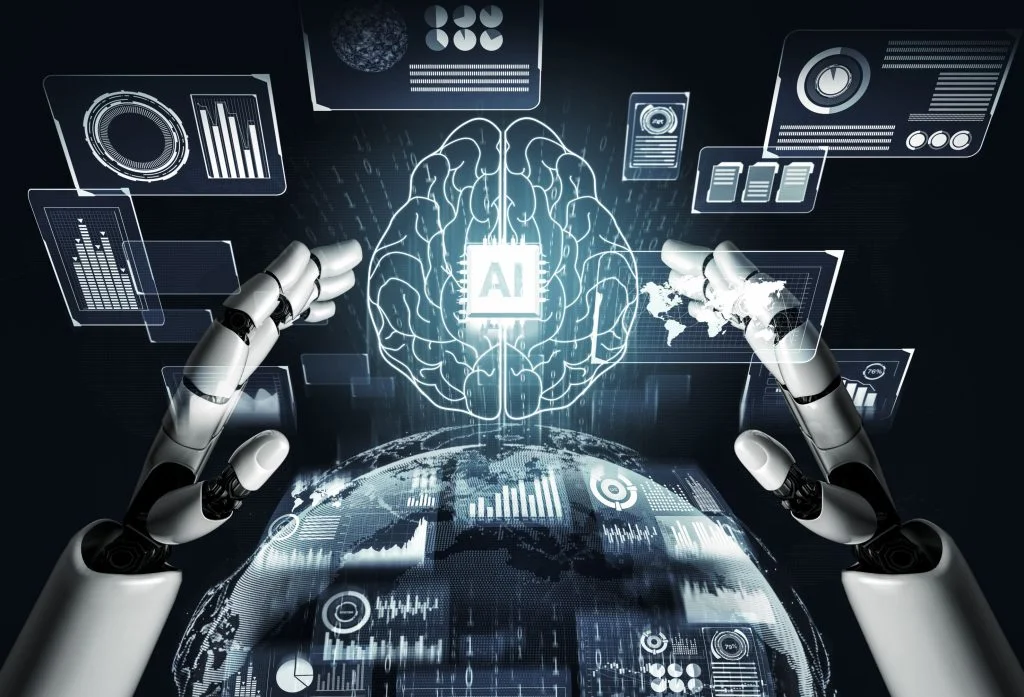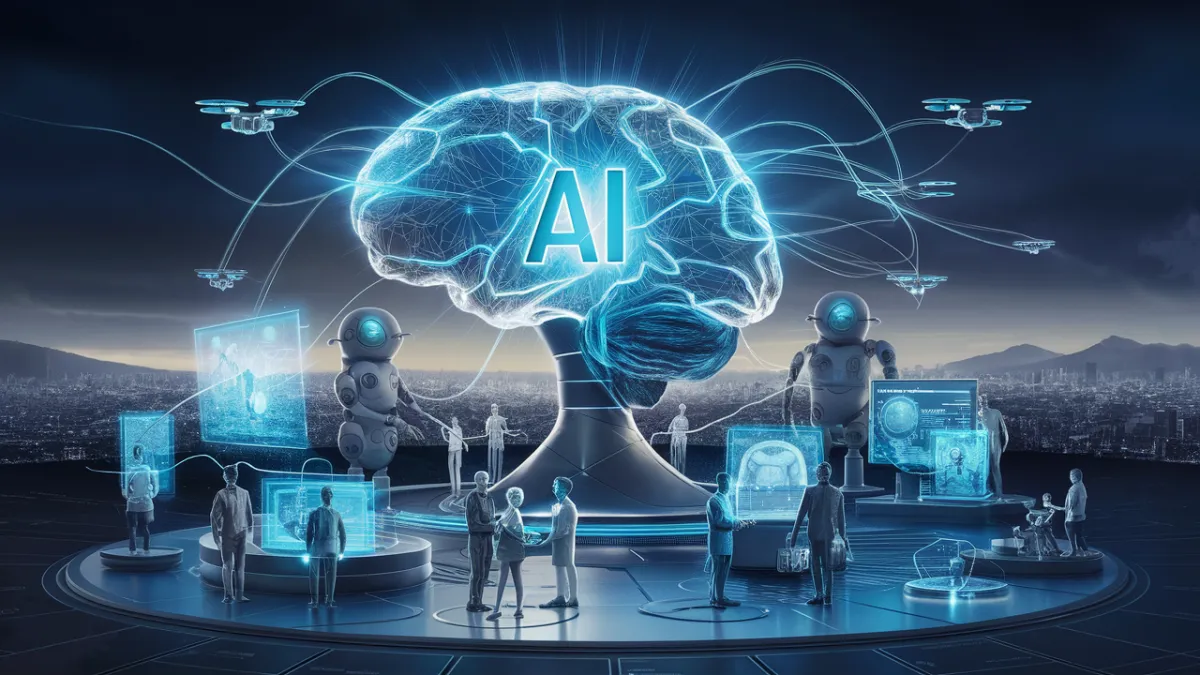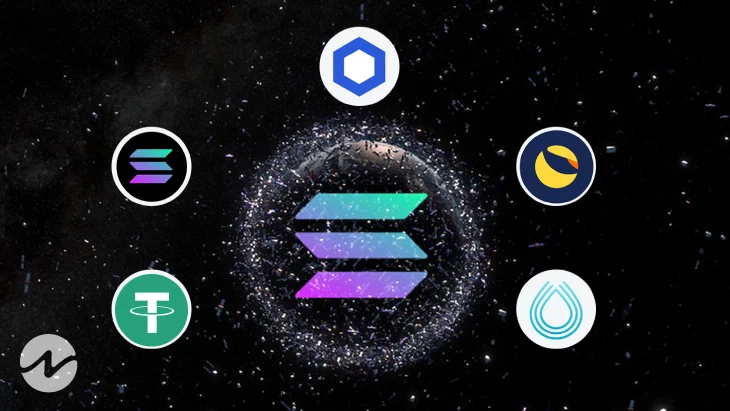The effects of Artificial Intelligence (AI) on upcoming technology are profound and far-reaching. In just a few years, AI has moved from experimental research labs to powering real-world systems across industries. As we step further into 2025 and beyond, AI is no longer just a tool—it is becoming the foundation of innovation, driving smarter, faster, and more adaptive technologies that reshape our daily lives.
1. Revolutionizing Automation and Robotics
AI is the driving force behind the new wave of automation and robotics. From self-driving cars to autonomous drones and factory robots, AI enables machines to think, learn, and make decisions with minimal human intervention. This has increased productivity, reduced errors, and created safer working environments, particularly in manufacturing, logistics, and space exploration.
2. Transforming Healthcare Systems
The healthcare industry has witnessed some of the most impactful applications of AI. Intelligent diagnostic systems, predictive health analytics, and robotic surgeries are now improving patient outcomes worldwide. AI-powered algorithms can detect diseases like cancer or diabetes at early stages with remarkable accuracy, while virtual health assistants make medical support more accessible and affordable.
3. Shaping the Future of Education
AI is personalizing the way students learn. Through adaptive learning platforms, AI tailors lessons to individual needs, helping learners progress at their own pace. Additionally, AI chatbots and virtual tutors are making education more interactive and engaging, bridging gaps in global access to quality learning resources.

4. Enhancing Smart Cities and Infrastructure
As cities grow, AI plays a crucial role in developing smart infrastructure. From traffic management and energy optimization to waste control and public safety, AI systems are being integrated to make cities more sustainable and efficient. Predictive algorithms help governments plan better and respond faster to challenges like pollution or congestion.
5. Redefining Cybersecurity and Privacy
With the rise of connected devices, cybersecurity threats have grown more sophisticated. AI helps detect, prevent, and respond to these threats in real time. Machine learning models identify unusual patterns and strengthen digital defenses, making systems more secure.
The effects of AI in upcoming technology are transformative, driving innovation across every sector. While challenges like data privacy and job displacement remain, the potential for growth and progress is unmatched. As AI continues to evolve, it promises a future where technology is more intelligent, responsive, and deeply integrated into human life.
What is Reverse Engineering and How It Works?
How You Approach Website Performance and Optimization
![]()





